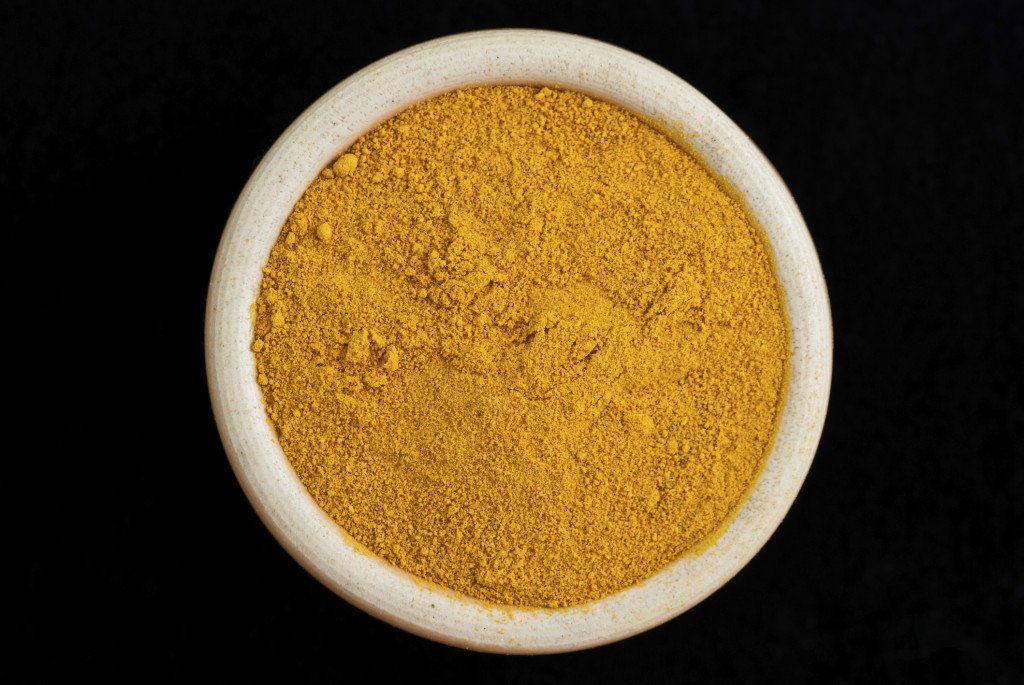Curcumin Shows Promise For Beating Breast Cancer


Studies from National Taiwan Normal University Yield New Information about Breast Cancer (Curcumin-induced Aurora-A suppression not only causes mitotic defect and cell cycle arrest but also alters chemosensitivity to anticancer drugs)
By a News Reporter-Staff News Editor at Biotech Week — Investigators publish new report on Oncology. According to news reporting out of Taipei, Taiwan, by NewsRx editors, research stated, “Overexpression of oncoprotein Aurora-A increases drug resistance and promotes lung metastasis of breast cancer cells. Curcumin is an active anticancer compound in turmeric and curry.”
Our news journalists obtained a quote from the research from National Taiwan Normal University, “Here we observed that Aurora-A protein and kinase activity were reduced in curcumin-treated human breast chemoresistant nonmetastatic MCF-7 and highly metastatic cancer MDA-MB-231 cells. Curcumin acts in a similar manner to Aurora-A small interfering RNA (siRNA), resulting in monopolar spindle formation, S and G2/M arrest, and cell division reduction. Ectopic Aurora-A extinguished the curcumin effects. The anticancer effects of curcumin were enhanced by Aurora-A siRNA and produced additivity and synergism effects in cell division and monopolar phenotype, respectively. Combination treatment with curcumin overrode the chemoresistance to four Food and Drug Administration (FDA)-approved anticancer drugs (ixabepilone, cisplatin, vinorelbine, or everolimus) in MDA-MB-231 cells, which was characterized by a decrease in cell viability and the occurrence of an additivity or synergy effect. Ectopic expression of Aurora-A attenuated curcumin-enhanced chemosensitivity to these four tested drugs. A similar benefit of curcumin was observed in MCF-7 cells treated with ixabepilone, the primary systemic therapy to patients with invasive breast cancer (stages IIA-IIIB) before surgery. Antagonism effect was observed when MCF-7 cells were treated with curcumin plus cisplatin, vinorelbine or everolimus. Curcumin-induced enhancement in chemosensitivity was paralleled by significant increases (additivity or synergy effect) in apoptosis and cell cycle arrest at S and G2/M phases, the consequences of Aurora-A inhibition.”
According to the news editors, the research concluded: “These results suggest that a combination of curcumin with FDA-approved anticancer drugs warrants further assessment with a view to developing a novel clinical treatment for breast cancer.”
For more information on this research see: Curcumin-induced Aurora-A suppression not only causes mitotic defect and cell cycle arrest but also alters chemosensitivity to anticancer drugs. The Journal of Nutritional Biochemistry, 2014;25(5):526-39 (see also Oncology).